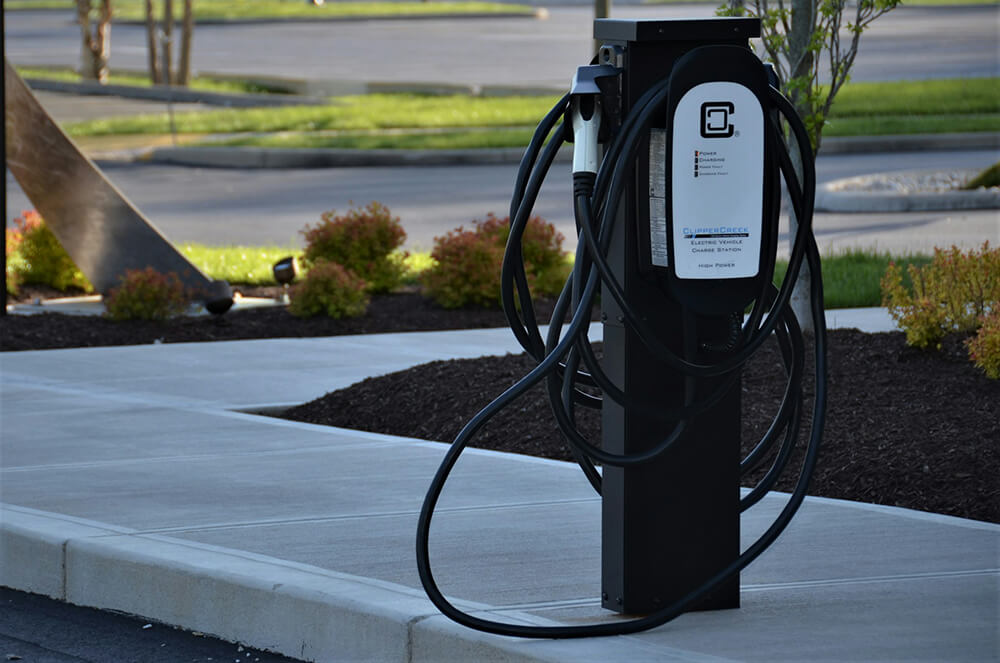
The growl of diesel engines may soon be accompanied by a quieter hum as the trucking industry witnesses a growing shift towards electric vehicles (EVs). Major companies are investing heavily in electric truck fleets, spurred by environmental concerns, potential cost savings, and advancements in battery technology.
This transition, however, raises questions about the infrastructure needed to support these vehicles, particularly when it comes to charging and parking.
“We’re at a pivotal moment,” says Bob Greenough, a long-haul trucker with over two decades of experience. “Electric trucks have the potential to change our industry for the better, but we need to make sure we’re ready for them.”
While electric trucks offer the promise of reduced emissions and lower operating costs, they come with unique challenges. Charging times are longer than refueling a diesel truck, and the availability of charging stations along trucking routes is still limited. This could lead to increased demand for truck parking spaces equipped with charging infrastructure, further straining an already stressed system.
“Finding parking is already a daily battle,” says Sanchez. “If we add charging to the equation, it could become a real headache. We need to start planning for this now before it becomes a crisis.”
Coordinated Approach
Some companies are already taking steps to address this issue. Truck stop chains are starting to install charging stations, and some manufacturers are developing trucks with longer ranges to reduce the frequency of charging stops. However, the transition to electric trucks will require a coordinated effort from industry stakeholders, policymakers, and infrastructure providers.
“This is a complex issue, but it’s also an opportunity,” says Maria Gomez, an energy analyst consultant specializing in transportation. “We can create a network of charging stations that not only support electric trucks but also enhance the overall truck parking experience.”
This could mean incorporating charging stations into existing truck stops and rest areas or developing new, dedicated charging hubs. These hubs could offer amenities like restrooms, showers, and food options, making them attractive resting points for drivers.
Infrastructure Investment
Many industry experts feel that a solid, reliable, and widespread charging network is required to truly unlock the potential of electric trucks. While the current infrastructure is growing, it is insufficient to support widespread adoption.
Government investment and incentives will be crucial in accelerating the rollout of charging stations along major trucking routes and at strategic locations like logistics hubs and distribution centers.
Another critical area of innovation is the development of high-powered chargers that can significantly reduce charging times. Additionally, standardized charging protocols and payment systems will streamline the charging process and make it more convenient for drivers.
Sign up for Truck Parking Club
If you are interested in joining Truck Parking Club, you can sign up to become a parking member here. After registering, drivers are able to browse private truck parking spots before confirming a reservation at an affordable price.
The information published herein is for general informational purposes only. Truck Parking Club does not make any representations or warranties about the completeness, reliability, legality, and accuracy of this information. Any reliance placed on such material is strictly at the user’s own risk. Truck Parking Club shall not be responsible for any losses or damages incurred in connection with the information published herein.





